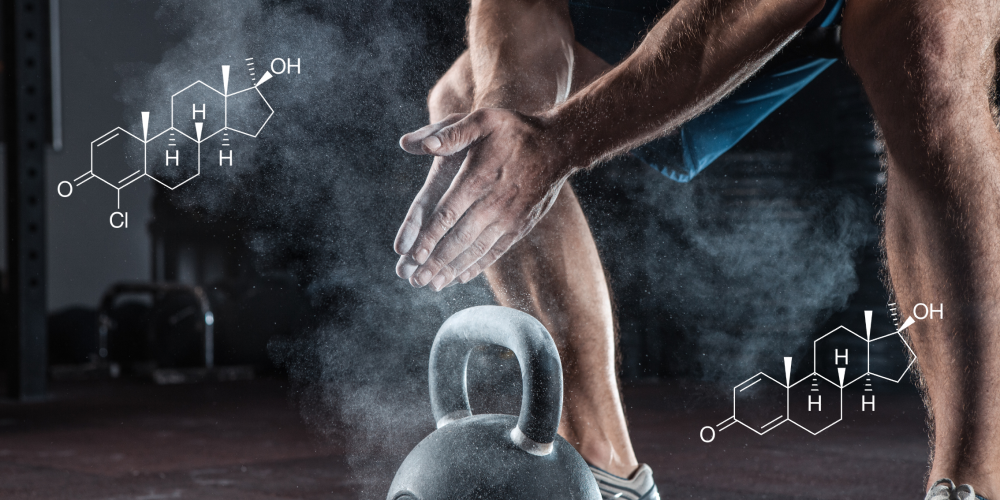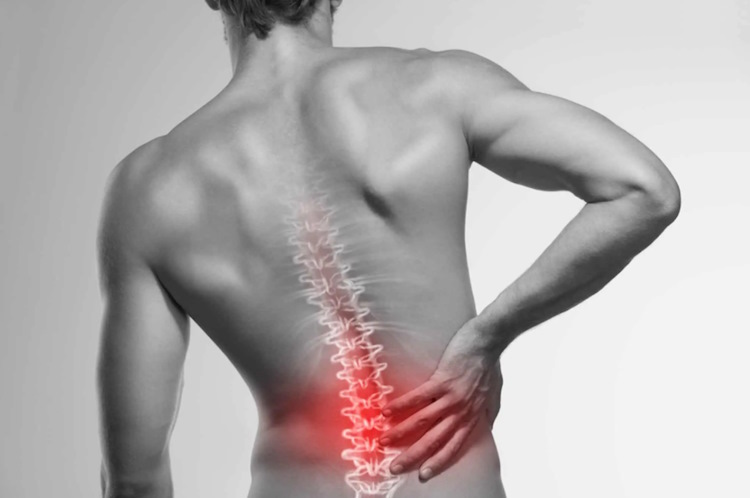Micronutrients and muscle recovery: what you might be missing
When it comes to muscle recovery, most people focus on macronutrients and their timing: protein, carbohydrates, and fats. While these are essential, micronutrients are often overlooked, despite their importance in optimizing recovery and performance. Vitamins and minerals work behind the scenes to reduce inflammation, repair tissues, and regulate the processes necessary for recovery. In this article we’re going to take a look at the 10 key micronutrients for muscle recovery, what they do, and in which foods you can find them.
First of all, let’s understand the basics of muscle recovery: it’s a suite of processes that involve repairing damaged muscle fibers, reducing inflammation, and replenishing energy stores. Micronutrients act as cofactors in enzymatic reactions, antioxidants to combat oxidative stress, and regulators of cellular repair. Without adequate micronutrient intake, recovery slows down, significantly increasing the risk of overtraining and injury.
10 key micronutrients for muscle recovery
With that out of the way, here are the 10 key micronutrients for muscle recovery, their roles in muscle recovery, sources and a tip for each one of them:
Vitamin D
- Role: vitamin D supports muscle function and helps reduce inflammation. It’s also involved in calcium absorption, critical for muscle contraction;
- Sources: fatty fish (salmon, mackerel), fortified dairy products, egg yolks, and sunlight exposure;
- Tip: if you live in a region with limited sunlight, consider supplementation to maintain optimal levels;
Magnesium
- Role: magnesium helps relax muscles, supports protein synthesis, and reduces muscle cramps. It also plays a role in energy production, essential for workout recovery;
- Sources: spinach, almonds, pumpkin seeds, dark chocolate, and whole grains;
- Tip: consuming magnesium-rich foods post-workout can help relax sore muscles;
Zinc
- Role: zinc promotes tissue repair, supports immune function, and aids in protein synthesis. A deficiency can diminish recovery and reduce performance;
- Sources: oysters, beef, chicken, cashews, and chickpeas;
- Tip: zinc levels can be depleted during intense exercise, so replenishing it as quickly as possible is crucial;
Vitamin C
- Role: vitamin C acts as an antioxidant, reducing oxidative stress and inflammation caused by exercise. It’s also essential for collagen production, which aids in tissue repair and cardiovascular protection;
- Sources: oranges, strawberries, bell peppers, broccoli, and kiwis;
- Tip: pair vitamin C-rich foods with protein for maximum recovery benefits;
Vitamin E
- Role: another powerful antioxidant, vitamin E helps protect cells from damage and reduces inflammation, speeding up recovery;
- Sources: nuts, seeds, spinach, and sunflower oil;
- Tip: include a small handful of almonds or sunflower seeds in your post-workout snack;
Calcium
- Role: calcium is essential for muscle contraction and relaxation. It also supports bone health, which is vital for heavy lifting;
- Sources: dairy products, fortified plant-based milk, tofu, kale, and sardines;
- Tip: combine calcium with vitamin D for better absorption;
Potassium
- Role: potassium helps regulate fluid balance and muscle contractions, preventing cramps and soreness;
- Sources: bananas, sweet potatoes, spinach, avocados, and beans;
- Tip: a banana or a sweet potato is an excellent post-workout snack for replenishing potassium;
Iron
- Role: iron is crucial for oxygen transport in the blood. Adequate oxygen delivery to muscles speeds up recovery and reduces fatigue;
- Sources: red meat, poultry, lentils, spinach, and fortified cereals;
- Tip: pair iron-rich foods with vitamin C to enhance absorption;
B Vitamins (B6, B12, Folate)
- Role: B vitamins are essential for energy production, red blood cell formation, and protein metabolism. They support overall muscle repair and recovery;
- Sources: eggs, lean meats, fish, leafy greens, and fortified cereals;
- Tip: B12 is primarily found in animal products, so vegans should consider supplementation;
Selenium
- Role: selenium supports thyroid function and acts as an antioxidant, reducing exercise-induced oxidative damage;
- Sources: Brazil nuts, seafood, eggs, and whole grains;
- Tip: one or two Brazil nuts a day can meet your selenium needs.
Tips to avoid these deficiencies in key micronutrients
Even slight deficiencies in key micronutrients can slow recovery, impair performance, and increase the risk of injury. Common signs of deficiencies include persistent fatigue, frequent cramps, slow wound healing, and constant soreness. Here’s a few tips to avoid these deficiencies:
Eat a varied diet
Include a wide range of whole foods like fruits, vegetables, lean proteins, nuts, seeds, and whole grains;
Focus on color
Different colored fruits and vegetables provide unique nutrients, so make sure your plates look diverse and colorful;
Supplement when needed
If your diet lacks specific nutrients (e.g., vitamin D or B12), consider supplementation after consulting a healthcare professional or coach;
Avoid over-supplementing
Excessive intake of certain micronutrients can have adverse effects. Stick to recommended daily intake unless prescribed otherwise.
In conclusion, micronutrients may not get the same spotlight as protein shakes and pre-workout meals, but their role in muscle recovery cannot be overlooked. By prioritizing a nutrient-dense diet and addressing deficiencies, you can optimize recovery, enhance performance, and reduce the risk of injuries. Don’t neglect the small details, they can make a big difference in achieving your goals.









